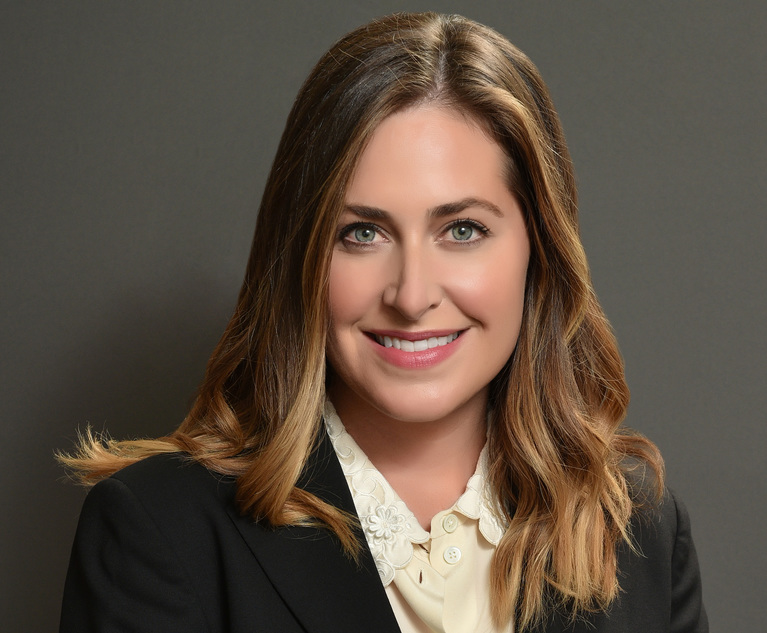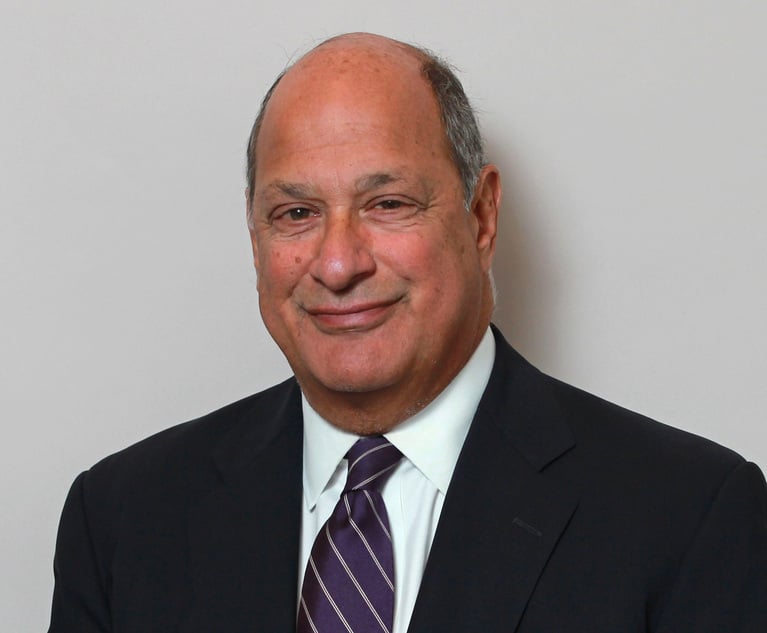
April 11, 2024 | New York Law Journal
D.C. Circuit Upholds Standing in Forced Child Labor Case, but Limits Scope of What Constitutes a 'Venture'Section 1595(a) of the TVPRA provides a civil remedy against perpetrators and anyone who "knowingly benefits, financially or by receiving anything of value from participation in a venture which that person knew or should have known has engaged in an act in violation." The use of a "knowingly benefits" standard of liability is fairly novel and raises some important questions.
By Samuel Estreicher
8 minute read

April 11, 2024 | New York Law Journal
No More Safety Under the Radar: Antitrust Enforcement Against Roll-ups and Serial AcquisitionsThe FTC and DOJ are geared up to investigate and challenge serial acquisitions or roll-ups by private equtity firms. Many of these transactions have flown "under the radar" because they were below the Hart-Scott-Rodino Act's reporting threshold.
By Karen Hoffman Lent and Kenneth Schwartz
10 minute read

April 10, 2024 | New York Law Journal
Novolex Holdings: A Rare Look at an RWI Claim DisputeWhile RWI policies are manuscripted policies separately negotiated for each transaction, the vast majority contain arbitration clauses, meaning that claim disputes are resolved privately without published court rulings. The recent ruling in 'Novolex Holdings v. Illinois Union Insurance' sheds some light on one of these claim disputes, while also providing important lessons for insurers and M&A practitioners.
By Howard B. Epstein and Theodore A. Keyes
8 minute read

April 10, 2024 | New York Law Journal
That's Not What the Parties Meant: How New York Courts Balance Intent, Conduct, and the Statute of Limitations in the Context of Scrivener's ErrorsThis article explores so-called "scrivener's errors"—a mistake that occurs when parties have reached a mutual oral agreement but the signed writing does not express that agreement and one of the parties seeks to reform the contract.
By Lara Flath, Jacob Fargo and Gaby Colvin
8 minute read

April 10, 2024 | New York Law Journal
Testing SCOTUS's 'Unmistakable Trend' in Shadow of Trump Prosecution'Fischer' presents an interesting test of whether SCOTUS will continue its "unmistakable" message that courts should not assign federal criminal statutes a potentially wide-ranging scope "when a narrower reading is reasonable." To court watchers, the odds appear to be against affirmance. The case's potential impact on the Trump prosecution makes it all the more intriguing.
By Robert J. Anello and Richard F. Albert
11 minute read

April 09, 2024 | New York Law Journal
Inaccuracies in Recent Matrimonial ColumnLee Rosenberg responds to Michael Liptrot's article, "Differences Between Annulment and Divorce," which the New York Law Journal published on April 8.
By Lee Rosenberg
2 minute read

April 09, 2024 | New York Law Journal
Foreign Extortion Prevention Act: What US Entities Should Know and Why It's Relevant TodayThis article discusses the recently enacted Foreign Extortion Prevention Act, which—unlike the Foreign Corrupt Practices Act—focuses on the demand-side of bribe payments. But will FEPA also create more potential exposure for U.S. entities? What should U.S. companies do today to prepare?
By Mayling Blanco, Katey Fardelmann and Lucy Hoffman
8 minute read

April 09, 2024 | New York Law Journal
Aviation Deaths on the High Seas: Continuing Questions and Recent DevelopmentsThis article focuses on one important maritime statute: the Death on the High Seas Act (DOHSA), including its all-important Commercial Aviation Exception. It also analyzes two unresolved procedural issues in DOHSA cases: whether and when they are removable to federal court and whether a DOHSA plaintiff has a right to a jury trial.
By Vincent C. Lesch and Kevin Mahoney
16 minute read

April 08, 2024 | New York Law Journal
Legislation Regulating AI in EmploymentThe New York City law is avoidable, and the New York state law is pending, but employers should not forget about the impact of the federal requirements on their use of automated employment decision tools.
By Amory W. McAndrew
7 minute read

April 08, 2024 | New York Law Journal
'Zealous' Representation: No Longer on the Books?It might have appeared to go unnoticed, but lawyers, criminal lawyers especially, are no longer specifically instructed by New York's rules or canons to represent their clients "zealously." Criminal lawyers are instead now simply bound by the extremely lukewarm phraseology contained in Rule 1.3 of New York's Rules of Professional Conduct.
By Joel Cohen
9 minute read
Trending Stories
- 1With a 7-Figure Book Deal and TV Adaptation on the Way, This Dechert Associate Remains Committed to Her Day Job
- 2Northwestern University Pritzker Law School Hit With Reverse Discrimination Lawsuit
- 3Biden Will Be First Lawyer-President Without a JD From the 'T-14' in a Century
- 4The Week in Data: A Look at Legal Industry Trends by the Numbers
- 5Settlement reached in lawsuit over death of clerk prior to $51 million jury award
More from ALM
- Morgan & Morgan Class Action Attorneys Detail Pathway to Success Within Cybersecurity and Data Privacy Practice 1 minute read
- Holwell Shuster & Goldberg Partners Leverage 'Hostile' Witnesses to Secure $101 Million Verdict Against Walmart 1 minute read
- Legal Speak at General Counsel Conference Midwest 2024: Mike Andolina, Partner, White & Case 1 minute read



